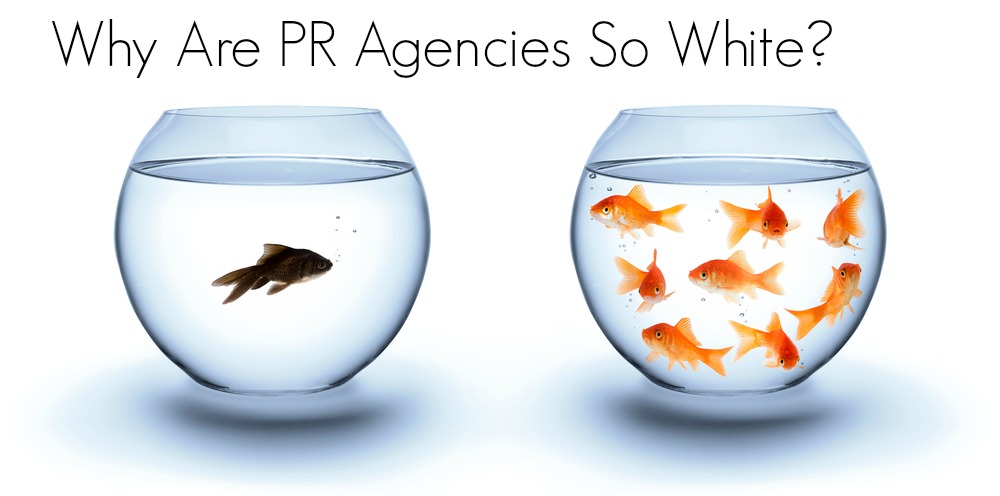One of the top challenges tech PR people are helping clients with today is attracting and maintaining a diverse workforce. In particular, the artificial intelligence (AI) sector is facing deserved and overdue scrutiny about its commitment to diversity and inclusion. As companies continue to talk about their AI, machine learning and data science capabilities, journalists are asking tougher questions about the way these technologies are built. How many people of color, women and other underrepresented groups are part of the development of these tools? How involved are they? Unfortunately, the data isn’t positive.
According to a recent study by New York University’s AI Now Institute, the AI industry is overwhelmingly white and male. Just 15% of the AI team at Facebook are women. At Google, it’s just 10%. Meanwhile, less than 3% of Google’s workforce is black, with Facebook at 4%. These are embarrassing numbers.
Not to pick on Google, but as a leader, they should be a role model. Google’s ongoing AI ethics council controversy is another example of the AI industry’s diversity problem. The company was criticized — and rightfully so — for a laughably bad rollout that saw no meaningful diversity among council members. Since then, the ethics council has been disbanded, and the reasoning behind the decision is even more controversial.
Why does this matter? Well, these issues aren’t just bad optics. The lack of representation can lead to deeply ingrained biases in AI offerings that limit their overall efficacy and success. Take, for example, facial recognition technology that cannot interpret a black or brown face. Or a “smart” algorithm that predominantly serves housing ads to white audiences. A dearth of diversity in AI can directly impact business outcomes.
Fortunately, PR teams can support AI organizations by asking tough questions before a journalist does. These questions not only inform PR and marketing strategy, they can also influence how the client hires, change the way a product is being developed, and more. Strategic communications, if done right, has a lot of power here. To take advantage of that, AI companies need to work with partners that will push them to create meaningful responses to the challenges in AI ethics and diversity.
But that’s easier said than done. How can AI companies that might face tough questions about their AI build a PR apparatus that can effectively shepherd them through that? Here’s what you can do to optimize chances for success.
Hire a diverse PR team
If you’re concerned about the lack of diversity in your ranks and how it might impact market perception of your product, seek out a PR team that is credibly and authentically diverse. This is critical. A PR team comprised of underrepresented talent is better equipped to consider challenging questions regarding AI ethics and diversity from key media. This must be a proactive effort, however. During the RFP process, research diverse PR agencies and practitioners. You can even note diversity as an important focus in your RFP to ensure that a potential partner offers a diverse team.
Be open and honest
With a new PR team on board, AI companies should have candid and open conversations about the diversity of their staff and how it might impact the way their products work. PR and other relevant stakeholders from HR and other departments can come together to have honest workshopping sessions about these challenges and their solutions. Together, team members can determine the best way forward relative to positioning, messages, and more.
Listen to your PR team
PR needs to pose tough diversity questions to AI organizations. For example, a client once told me they built an AI that could determine a person’s gender using an image, and wanted to promote it. Knowing the sensitivities regarding gender identity, I asked tough questions, and we decided the product wasn’t ready for prime time. The client listened instead of pushing for a premature rollout that would’ve likely created questions and controversy. For AI companies concerned about AI ethics and AI diversity, it’s imperative to listen to your PR team when they make a recommendation.


